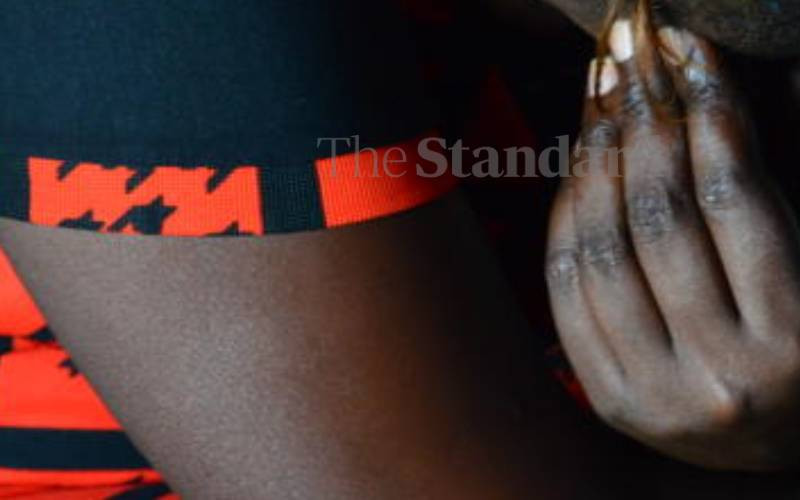×
The Standard e-Paper
Kenya’s Boldest Voice

Winnie Akello (not her real name) is at that age when curiosity gets the best of someone.
At 15, and with political excitement all around her- caravans, road shows and rallies -she found herself at a rally in Kisumu city at the height of campaigns last month.